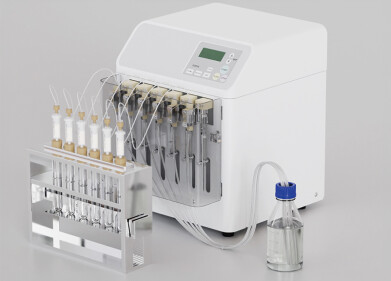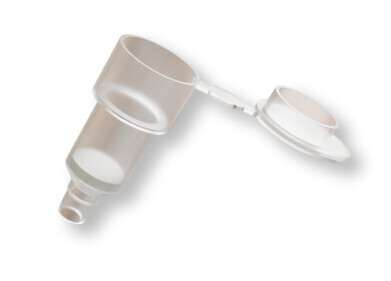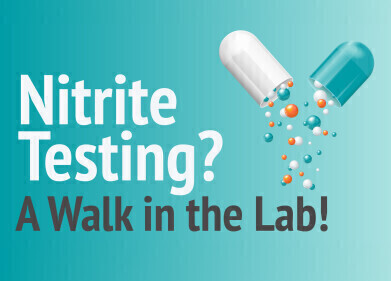Sample Prep
How Can Chromatography Improve Sports Drugs Testing?
Oct 22 2019
Drug testing is unfortunately an essential component of elite sports. Doping to achieve an advantage in sport is even carried out at amateur events. Doping in sport has a long history -some even argue that as long as there has been competitive sports there has been doping. Charioteers used herbs to enhance performance and the long-distance walkers of Victorian times used drugs to stay awake.
Modern doping began in the 1950s with the advent of anabolic steroid use after their development as a medicine in the 1930s. Steroid use continues to this day, along with agents like EPO that enhance endurance and stimulants that decrease the effects of fatigue. Although the chemists behind the drug cheats always seem to be one step in front, regulators are constantly trying to catch cheats out and keep sport clean for all athletes.
Chasing the cheats
The World Anti-Doping Agency (WADA) was set up in 1999 as an independent body to coordinate the fight against drug cheats around the world. It was the reaction to the drug scandals that hit cycling in 1998 that led the International Olympic Committee to convene a conference on doping. WADA is an independent agency that is funded by sport’s bodies and governments. Its aim is to enable all athletes the chance to compete in a doping-free environment.
Each country coordinates the testing programme in its own country - in the UK this is coordinated by UK Anti-Doping (UKAD). Samples that are collected by UKAD are sent to laboratories that are accredited by WADA to test samples for drugs. There a re strict rules governing sample taking and testing, all steps have to procedures and guidelines set by WADA to keep the integrity of the sample intact.
Chromatography develops new methods
To keep up with the new drugs and methods used by drug cheats, laboratories and the regulators have to develop better methods of detecting not only drugs used for doping, but also substances used to mask drugs and their metabolites. A recent paper published on the DiVA portal discusses new chromatographic methods that could be useful in detecting drugs in plasma, saliva and serum.
The paper reports on new chromatographic methods developed to analyse samples for beta blockers, anabolic steroids. The developed methods include ultra-high-performance liquid chromatography and chiral liquid chromatography. Monitoring drugs in sport using chromatography is discussed in the article, Monitoring drugs in sport testing: an insight of current trends and recent findings from the Drug Control Centre, the UK’s Anti-Doping Laboratory.
Events
Jan 20 2025 Amsterdam, Netherlands
Feb 03 2025 Dubai, UAE
Feb 05 2025 Guangzhou, China
Mar 01 2025 Boston, MA, USA
Mar 04 2025 Berlin, Germany














